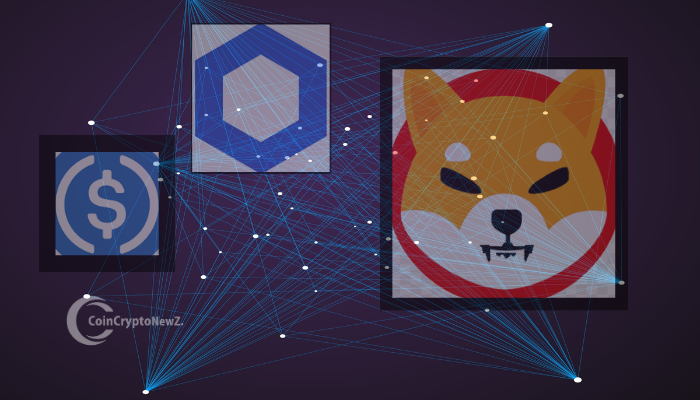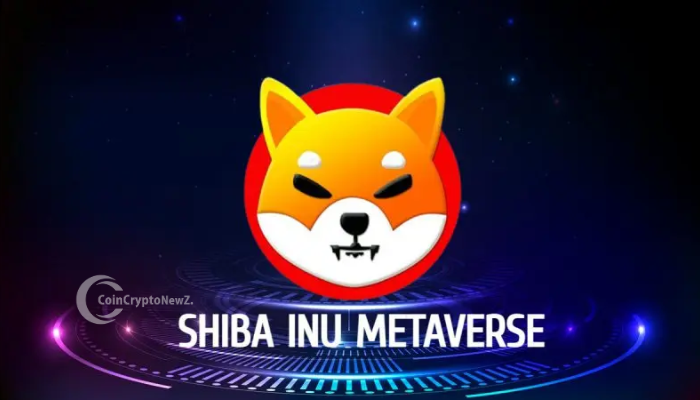In a recent X post by Santiment (@santimentfeed), a fascinating insight into cryptocurrency whale dominance emerged, spotlighting the supply distribution of top assets like USD Coin (USDC), Chainlink (LINK), and Shiba Inu (SHIB).
The data reveals that USDC and LINK have only 27% and 32% of their supply held by the top 10 wallets, respectively, while Shiba Inu’s figure soars to 62%. This disparity offers a window into the decentralization—and potential risks—of these cryptocurrencies.
For retail traders, this distribution is critical. Assets with lower whale control, like USDC and LINK, may pose less risk of sudden price dumps or manipulation, a point echoed by Santiment’s advice to favor such coins. Historical data supports this: a 2021 Ethereum World News analysis noted LINK’s whale dominance once hit 69%, suggesting a shift toward broader ownership.
Conversely, Shiba Inu’s high concentration reflects its 2021 meme coin boom, where early adopters amassed significant holdings, aligning with a 2019 Journal of Financial Economics study linking concentrated ownership to heightened volatility. The implications are twofold.
USDC’s stablecoin status and LINK’s oracle utility naturally lend themselves to wider distribution, challenging the notion that high-value cryptos are inherently whale-dominated. Shiba Inu, however, underscores the risks of centralized control, where whale exits could trigger market chaos. As of now, this data, combined with real-time tracking via Santiment’s tools, empowers investors to navigate these dynamics.
As the crypto market evolves, understanding whale influence remains key. With today’s date marking July 04, 2025, this analysis serves as a timely guide for traders eyeing stability versus speculative gains.
Disclaimer: This article is for informational purposes only and does not constitute financial advice. CoinCryptoNewz is not responsible for any losses incurred. Readers should do their own research before making financial decisions.







